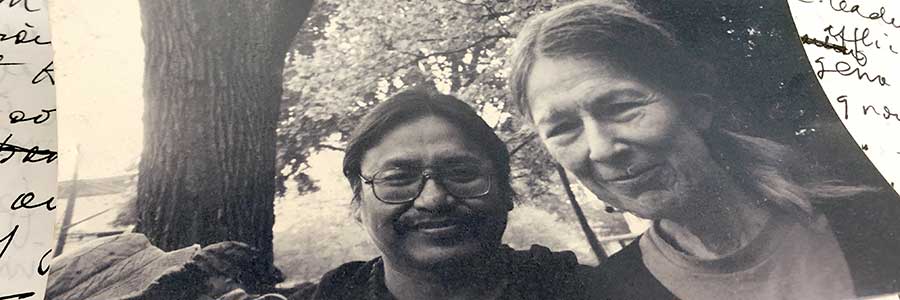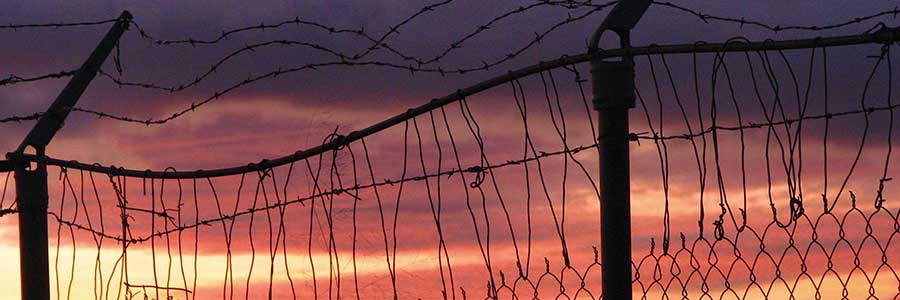There are contradictions as I write about the Napa land and my ancestors’ relationship with genocide. One of them is in our language—the word “settle,” the idea of settling and the settler. There may be hidden potential in that word, a way to heal.
When I started this book, the term “settler” filled me with shame. It evoked my great, great grandfather, Nathan Coombs, the one who came here in the early 1840s, before the gold rush in California, before statehood. The Bear Flagger who was so successful in buying and selling stolen lands, the one with the high forehead, furrowed brow and mouth barely visible through curly face hair. There’s only one drawn-from-photo image of him that remains. It is all over the internet now, advertising wineries in Coombsville, a new Napa wine appellation named for one of his landholdings. To me, that face always looks ashamed, like it’s hiding something. One way or another, settlers like Coombs were party to violence as they got the land. Even without participating directly in atrocities, they took what wasn’t theirs, imposed their culture on a place. The word “settler”—a term to be proud of in my family for generations—became a slur in my vocabulary.
And yet, and yet…there is this other meaning of “settle.” An African American friend who came to the Bay Area from Texas took issue with my slurs, pointing out that she too had settled here. It’s what you do when you migrate to a place you can live—when you settle in, get to know the land and its history, seek to become “indigenous to place” as Robin Wall Kimmerer calls it. You can find ways to ask permission, as this friend does. You don’t have to take over and be a colonizer. Nomadic peoples do it as part of their way of life—a natural action of seeking harmony with the land. And we harmonize things, too, by helping to “settle” an argument.
The idea comes up for me now in an even deeper way. Another friend—a Buddhist teacher with a profound understanding of colonialism in our world—uses the verb “settle” all the time. It’s what we do when strong feelings of anger, fear or judgment come up—often out of our reactions to injustice or ways we’ve been traumatized. We sit with them, breathe, and let ourselves settle, so that we can respond from our true nature, our deepest selves, not our conditioned, suffering selves. It’s the only way, she says, to shift the mistaken concepts that were imposed on us at birth, to free us from what I call colonizer mind. My own teacher Thich Nhat Hanh says it’s like gently holding a crying baby. I’ve started reading Resmaa Menakem’s book about healing the trauma from white supremacy that Americans, no matter our ethnicity, store in our bodies. His techniques in My Grandmother’s Hands require us to “settle” our bodies, noticing when parts of us constrict when we are challenged by habitual racial tensions, and learn to change that physical response, to “settle” those deep fears and body blockages that keep racism and colonial thinking in place. That is the healing potential of “settling.”
“Settle” is one of those special words with a double message that names the wound and also provides the healing. (“Silence” is another, but that is for a different post.) To investigate “settle,” I got out my magnifying glass and returned to my earliest research technique. Fifty years ago for my dissertation, I teased out double meanings with embedded spiritual teachings in a 14th century English poem. I pored through the twenty-volume Oxford English Dictionary, compacted into two volumes with four small pages per sheet. The history and permutations of the word “settle” fill over four of the original pages—a full page and more in my version. Looking way back into its Old English and Old German roots, this early English verb arose alongside a noun “setl” that simply meant a place to sit down. As a verb in the 900s and 1000s, to “settle” was to place oneself, or someone else in a place of rest. So the earliest meanings—the ones that go back before colonialism to times when European culture was more indigenous—are very concrete. And these meanings live on in this word. But starting in the 1500s and 1600s, “settle” also came to mean moving to others’ lands and taking them over. In the early 1600s, six generations before Nathan Coombs—when his ancestors (and mine) settled near Plymouth Massachusetts—the word “settle” had come to be synonymous with “colonize”—and the violence to earth and human beings that went with it. And that is what we need to heal.





Leave A Comment